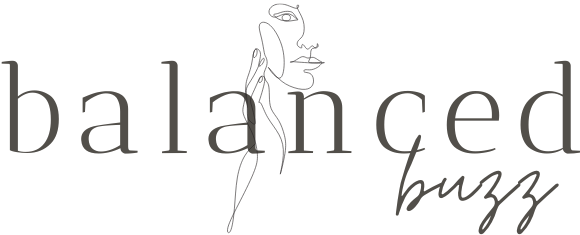Protein Needs for Hormone Balance
Animal-based proteins are some of the most bio-available, nutrient dense foods available to us. I often recommend animal-based protein to clients, especially when trying to balance hormones. Animal-based protein such as meat, eggs, fish and dairy are complete proteins and provide all essential amino acids that you need in your diet, are more bioavailable, and contain other key nutrients required in the body. With that being said, I understand that it is not everyone’s preference. However, it is vital when following a vegetarian or vegan diet to ensure you are getting not just adequate protein, but combining foods to get all essential amino acids. In today’s post I will be covering:
How protein impacts hormonal health
How much protein you need
Sources of plant-based proteins
How to properly combine to get enough protein when following a plant-based diet
How does protein impact hormonal balance?
Structural Component
Protein is the building blocks of our cells and is an essential structural component for hormones acting as the internal communication to carry messages between organs, cells and systems.
Slows Carbohydrate Absorption
Protein and fat help to slow the absorption of glucose into the bloodstream when eaten with carbohydrates at meals and can help to balance out blood sugar. It also may play a role in improving…
Insulin Sensitivity
There is growing evidence showing the effects that arginine has on insulin. Essentially, arginine plays a role in letting the body know to counteract the effects of insulin if there isn’t enough glucose in the bloodstream. A protein-only meal at least once/day has been shown to keep blood sugar from changing so drastically during the day.
How much protein do you need?
The standard recommendation for healthy individuals, is 1g/kg of body weight. Simply put, divide your weight in pounds by 2.2 and you have your grams of protein. Another way to think about it is 15-30% of your total calories should come from protein (depending on how your body responds to protein). For instance, if you’re eating 1800 calories a day, based on your BMR that would be 70-135 g protein per day.
A diet low in protein (considered less than 50 g per day or less than 15% of total calories) can cause decreased levels of growth hormone, estrogen, thyroid hormones, and insulin. It can also stimulate a stress response which increases body fat. On the other hand, a diet too high in protein can cause damage to the kidneys and increase body fat.
Sources & Quality of Protein
When looking at both animal-based and plant-based sources of protein, we want to make sure they are of good quality. A huge issue I see with plant-based diets is the excessively processed foods that are often consumed in abundance. Common substitutes for dairy, meat, cheese, and eggs are often highly processed and have unnecessary ingredients that are often endocrine disruptors and can cause digestive upset. If you choose to follow a plant-based diet, avoid the fake meat and dairy products and stick to whole food (see list below).
Good Quality Animal-Based Protein Sources
Grass-Fed Meat
Organic Poultry
Wild-Caught Seafood
Pasture-Raised Eggs
Dairy (A2 or Raw are often easier on the digestive system)
Plant-Based Protein Sources
Tofu
Tempeh
Soy
Hemp
Raw Nuts/Seeds
Beans, lentils, legumes
Quinoa
How to get enough protein from plant-sources?
Choose complete and highly bioavailable plant proteins such as: spirulina, hemp, soy, quinoa, lentils, buckwheat, and amaranth
Combine proteins to make a complete protein:
Brown rice, peas, beans, chickpeas, and tahini are not complete and should be combined with other plant proteins.
Nuts or seeds with whole grains (peanut butter on whole wheat toast)
Whole grains with beans (beans and rice; hummus and pita bread; bean-based chili and crackers; refried beans and tortillas)
Beans with nuts or seeds (salad with chickpeas and sunflower seeds)
Protein are an essential part of a healthy diet. It is the building block of our cells, repairs tissue, contributes to metabolic reactions, provides structural support, and hormone support. Whether you follow a more plant-based diet or eat animal-based products, it’s important to make sure you are getting quality sources of protein. Drop a comment below about your thoughts on protein quality and as always, thanks for stopping by for a little balanced buzz!







